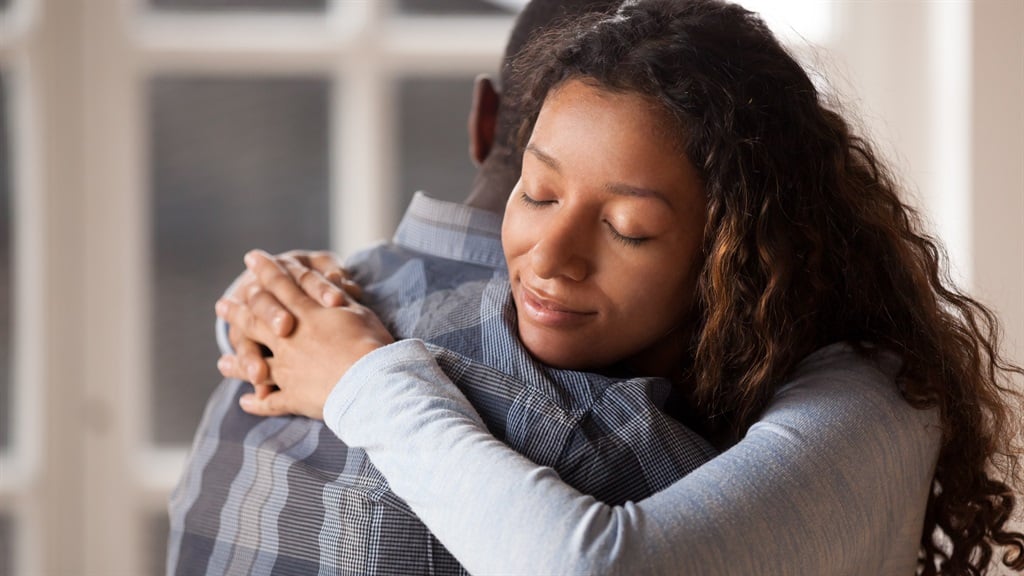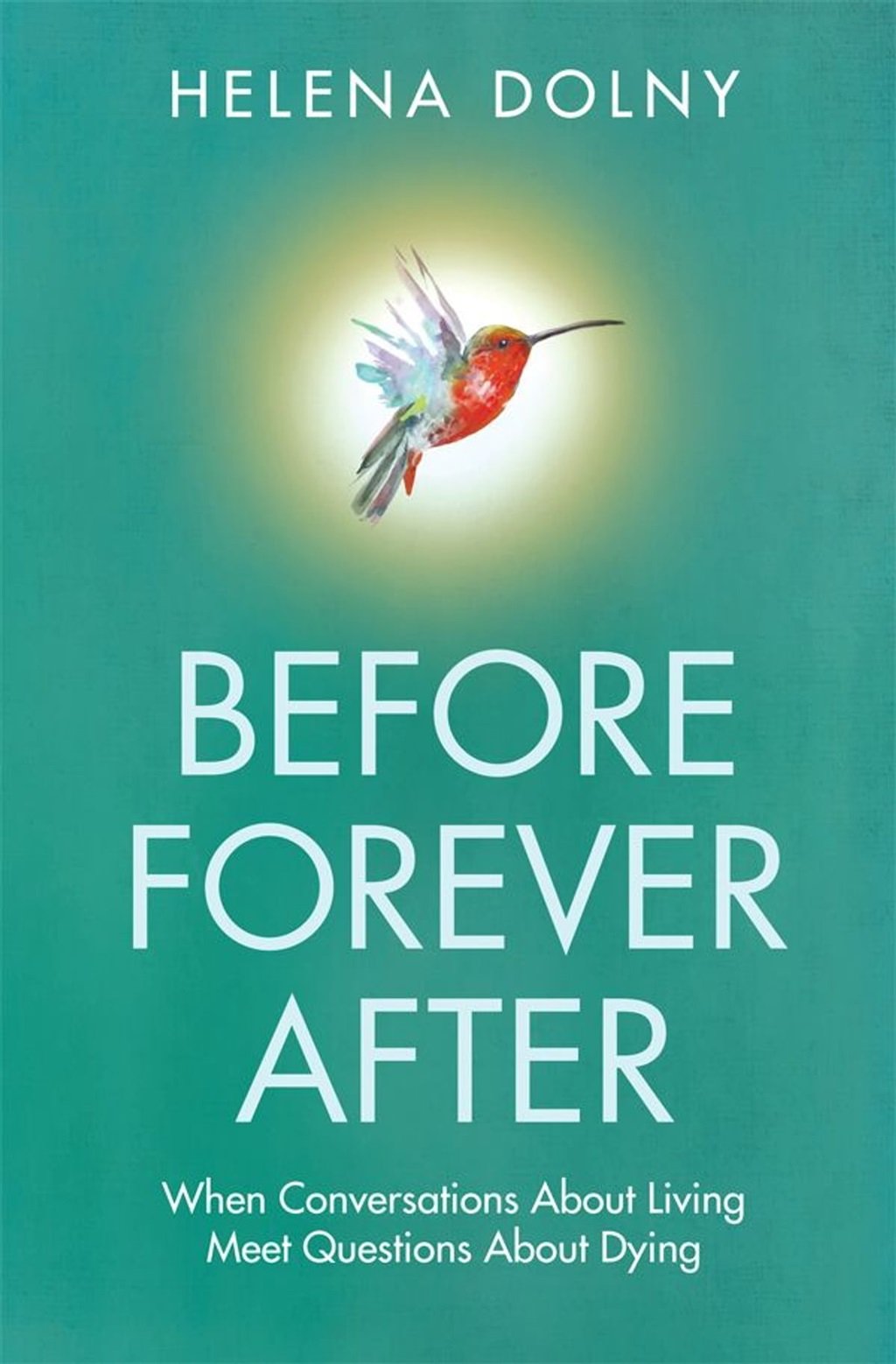
Illustration
Photo: fizkes/Getty Images
Live by Design is a weekly News24 column by Dr Helena Dolny and Mapi Mhlangu on mortality and the conversations around it.
Forgiveness is essential to healing if we are to have peace in our hearts – that’s what’s on my mind this week. Ever the student, hungry for learning, I’m currently attending an online USA course, “Creating a Good Death” (CAGD). The focus of session three last Sunday, was forgiveness.
It’s there on the teacher’s menu for one of the nine classes because, in her experience as an end-of-life doula, she knows first-hand that a peaceful heart will support psychological well-being as the person dies.
The need for forgiveness surrounds us. The hurt being created in world conflicts will have an impact for decades to come. The consequences of Apartheid’s cruelties remain part of our lives, almost thirty years since our first non-racial democratic elections.
Many people try to find ways to contribute to societal healing, hoping their efforts will make a difference. What’s more accessible, more tangible, and perhaps harder is working at a personal level with the hurts we’ve experienced and the hurts we’ve inflicted.
Our teacher offers questions to prompt our reflections on from where we might have unfinished business in our lives. I found them useful to get my brain focused.
We were urged to consider:
- People who have pissed you off royally?
- People you’ve loved like crazy?
- People you want to contact before you die?
- People you should apologise to?
- People who you wish would apologise to you?
Forgiveness can be so hard and take years. Recalling the hurt as part of finding a way forward with forgiving is often a sharp, painful experience. The CAGD teacher had a difficult childhood. Her parents divorced and her father married the babysitter who had done the aftercare for several years since she was six years old. Her world imploded.
She shares that a few years ago, she had a breakthrough in her forgiveness work. She wrote a compassionate letter to her younger childhood self in which she apologised for the behaviour of adults in her life that let her down and left her bereft as she entered womanhood. The act of writing the letter opened enough space in her heart for her to begin conversations with her father and find a new relationship footing. They had a couple of better years, and then, sadly, her father was one of the many who died during the Covid-19 pandemic.
Her telling us of her experience, showing a photo of herself as the twelve-year-old to whom she wrote this letter, brings back the painful memories and her expression clouds, and tears fall quietly down her face as she reads the letter.
Her story reminds me of Archbishop Tutu writing of how forgiveness is not easy and yet he advocates, “I would like to share with you two simple truths: there is nothing that cannot be forgiven, and there is no-one undeserving of forgiveness. Until we can forgive, we remain locked in our pain and locked out of the possibility of experiencing healing and freedom, locked out of the possibility of being at peace. Until we can forgive the person who harmed us, that person will hold the keys to our happiness: that person will be our jailor. When we forgive, we take back control of our own fate and our feelings. We become our own liberators.”
The Arch, as he was fondly known, and his daughter, Mpho Tutu, created a wonderful resource, The Book of Forgiving.
They offer us the fourfold path:
Telling your story, your truth, is the first part of the fourfold path. State the facts and accept that as and how they happened cannot be undone. Share your story with someone you trust. Your process may or may not include confronting the person(s) who caused the hurt.
Naming the hurt is the second step. Acknowledge your feelings and name the emotions. Accept your vulnerability. Be kind to yourself. Don’t hurry. Move forward only when you are truly ready.
Granting forgiveness is the third part. It is our choice. It is not conditional. The other person who hurt you may refuse to recognise the injury they caused and may refuse to apologise. In granting unconditional forgiveness, you become the hero of your own story, the person emotionally strong enough to make this choice.
Renewing or releasing the relationship as the choice for the future brings to a close the fourfold path process. Do you want to let the relationship go? Or do you want to invest in renewal?
In running workshops, I’ve asked people to bring a broken ceramic item. The process of creating a mosaic with the pieces creates reflective time to decide what it is that you want in your future. This can be a hard decision, especially when the perpetrator is part of your family constellation.
The Arch and his daughter Mpho remind us: “Forgiveness is not quick – it can take several journeys through the cycles of remembering and grief before one can truly forgive and be free.”
So far, we’ve considered forgiving others. But that’s just one side of the coin. What about when we are the ones whose actions have caused hurt? Will a compassionate letter to one’s younger self who knew no better be helpful? Might it be the first step in the process of asking to be forgiven? Another column for another week.
Meanwhile, Mapi and I hope this contribution will support any reflections you are ready to undertake for 2024 to be the year of repairing relationships.
Want to read more articles in this series? Click here.
Disclaimer: News24 encourages freedom of speech and the expression of diverse views. The views of columnists published on News24 are therefore their own and do not necessarily represent the views of News24.




Recent Comments